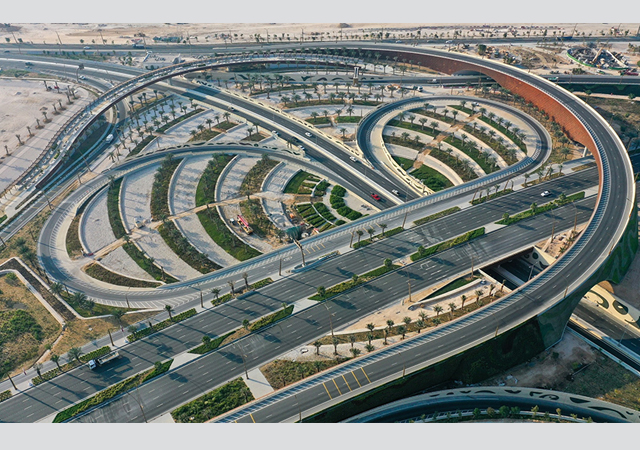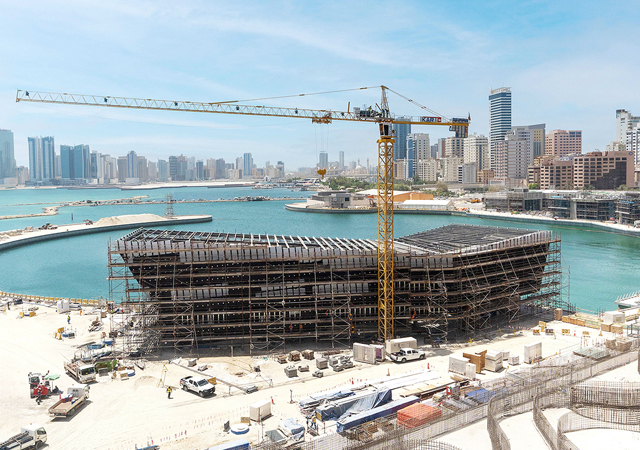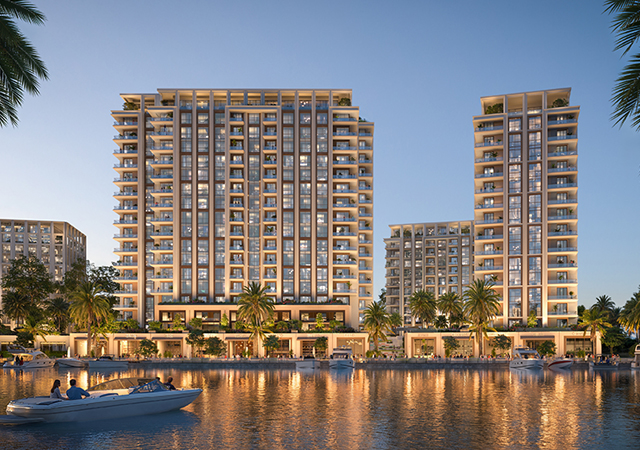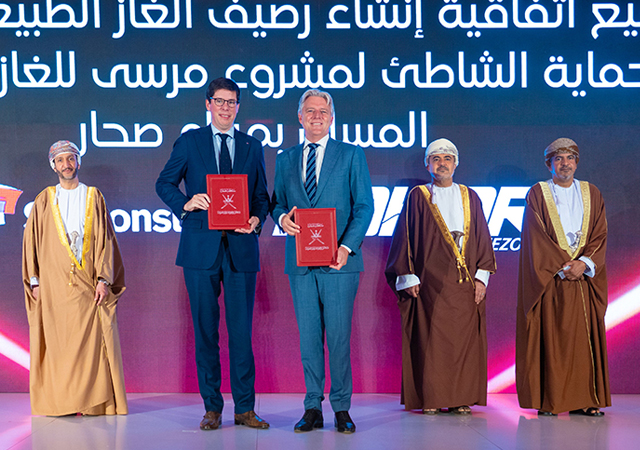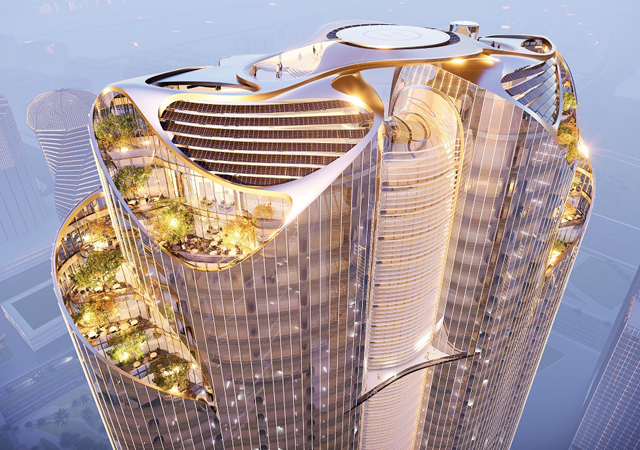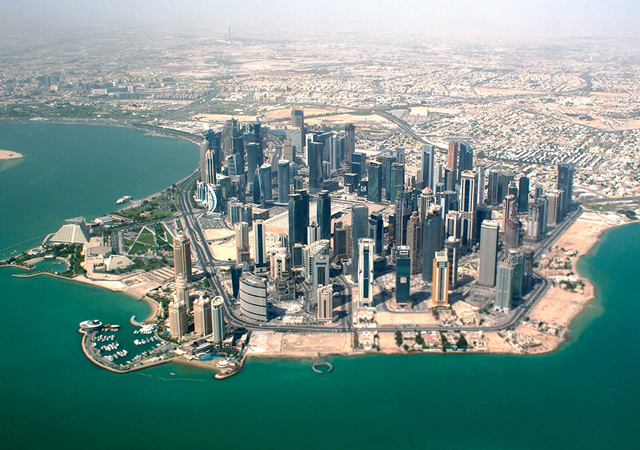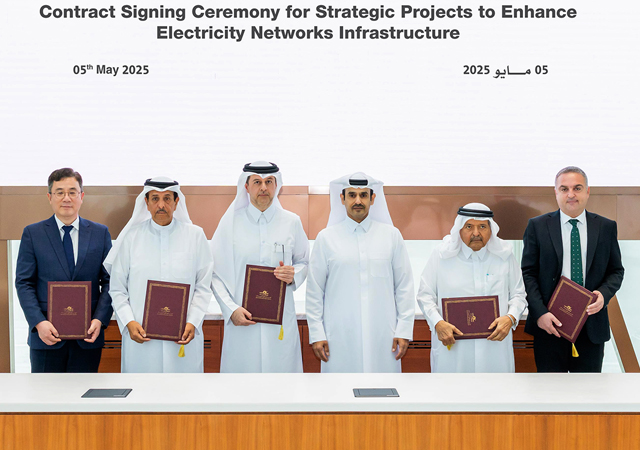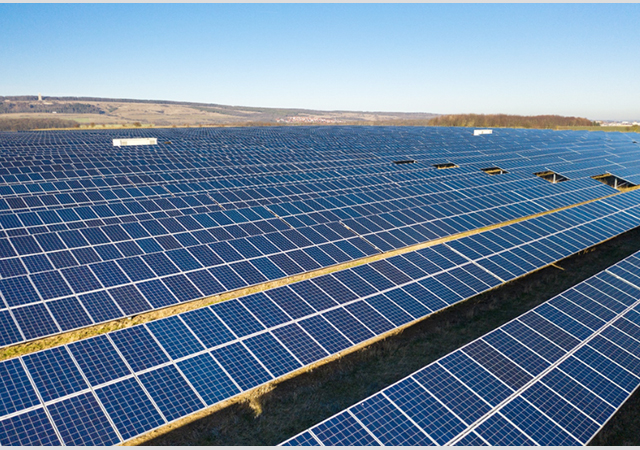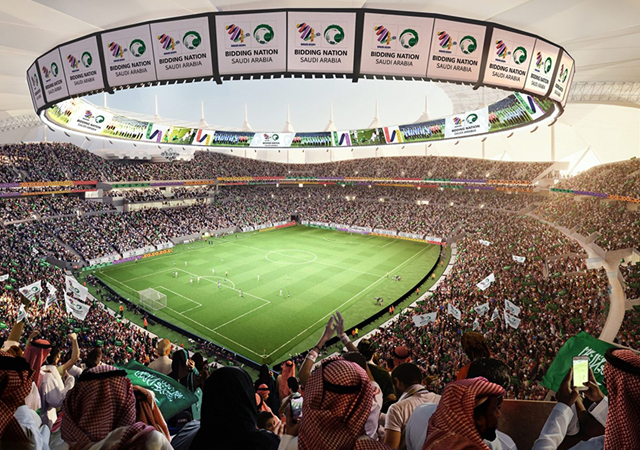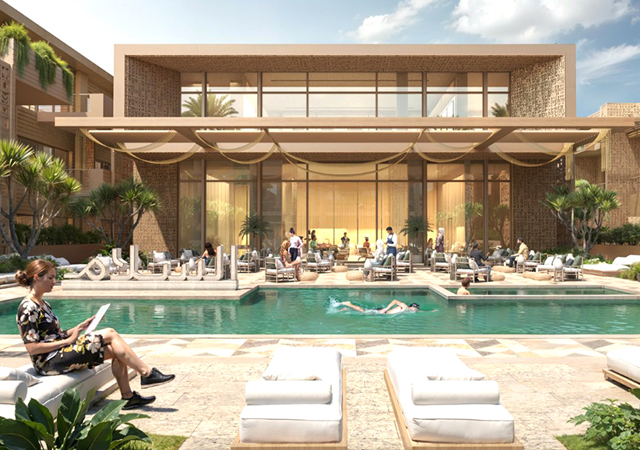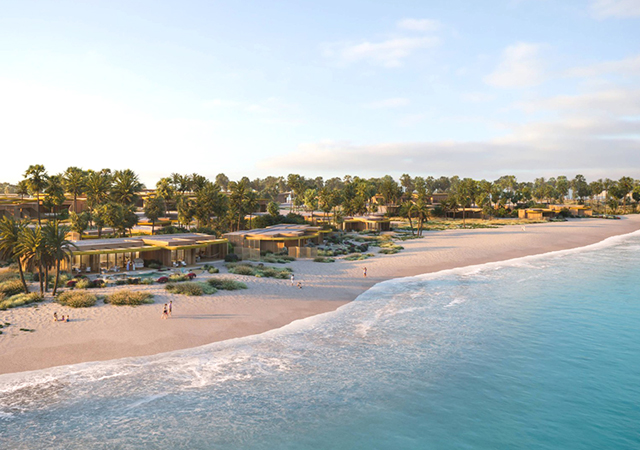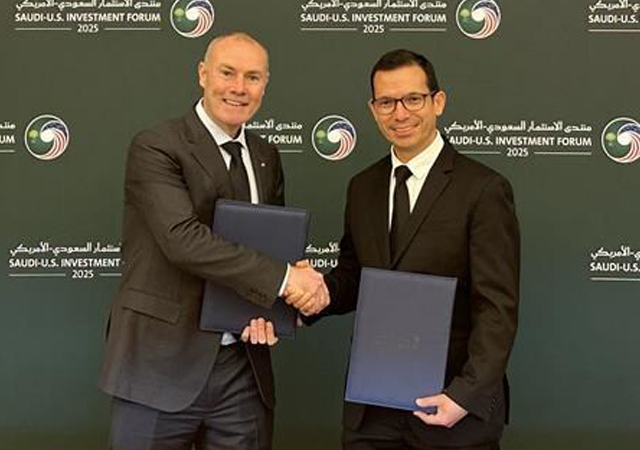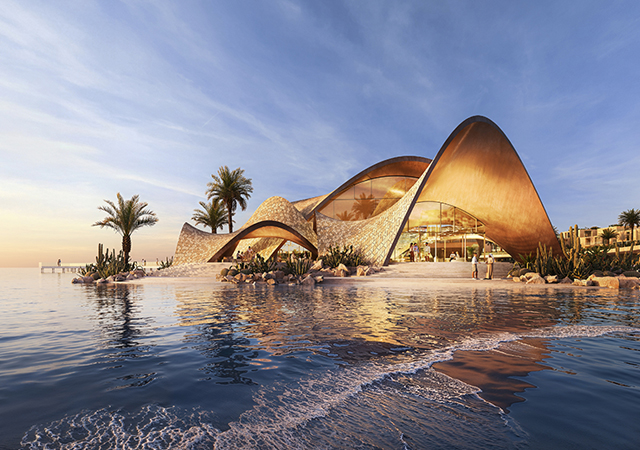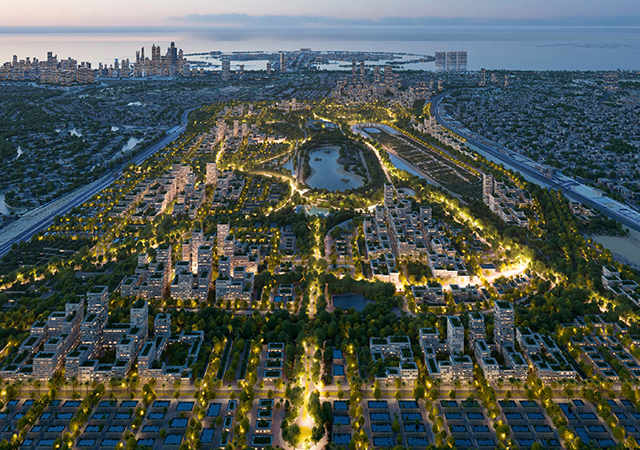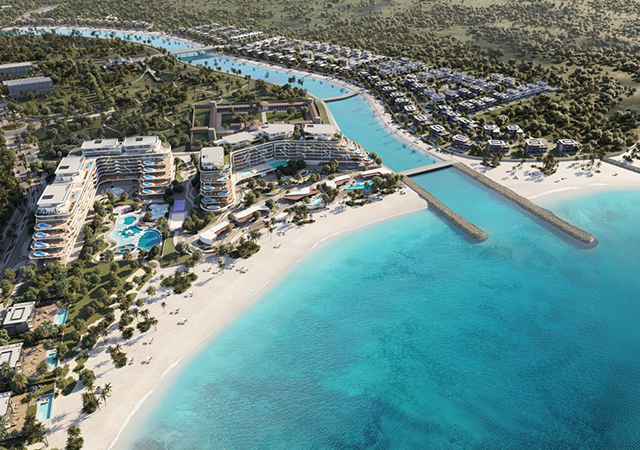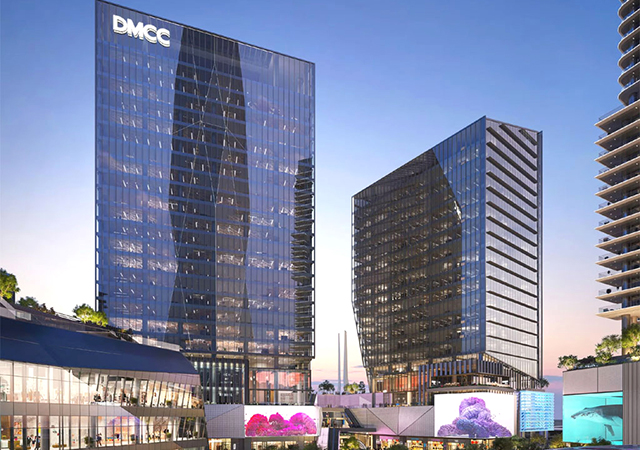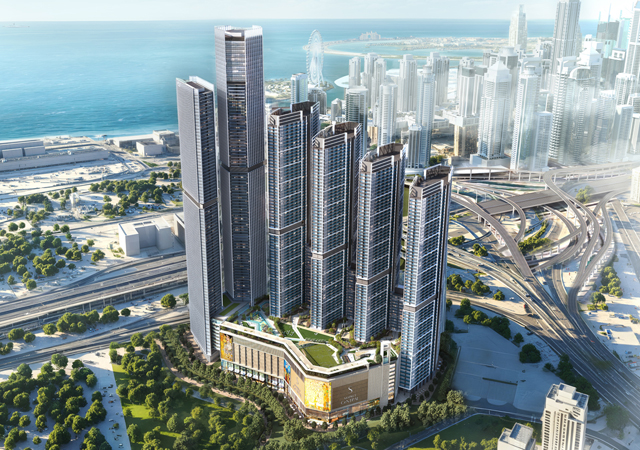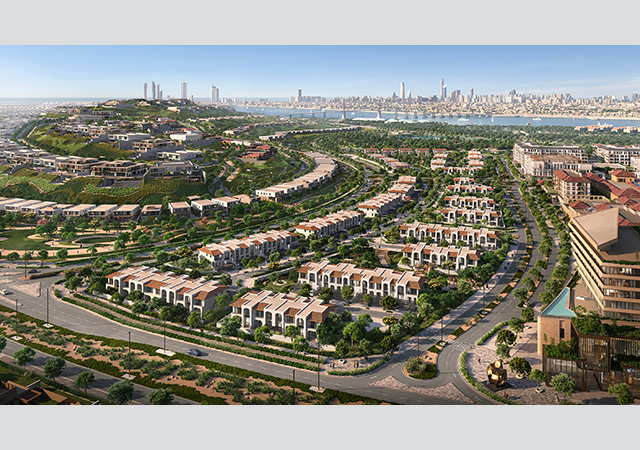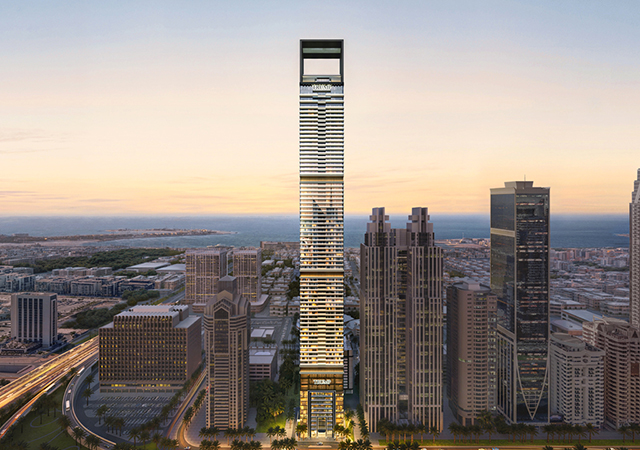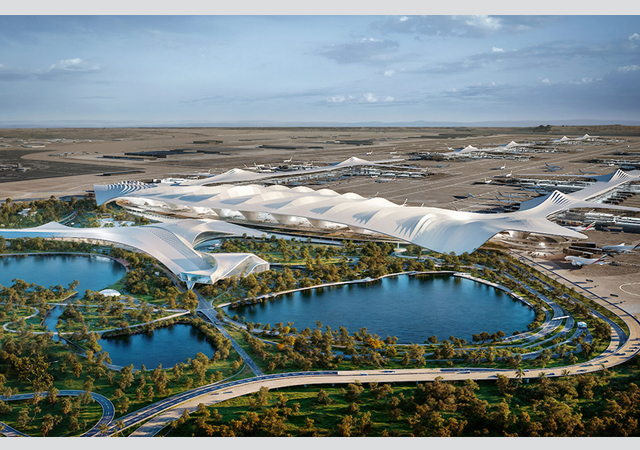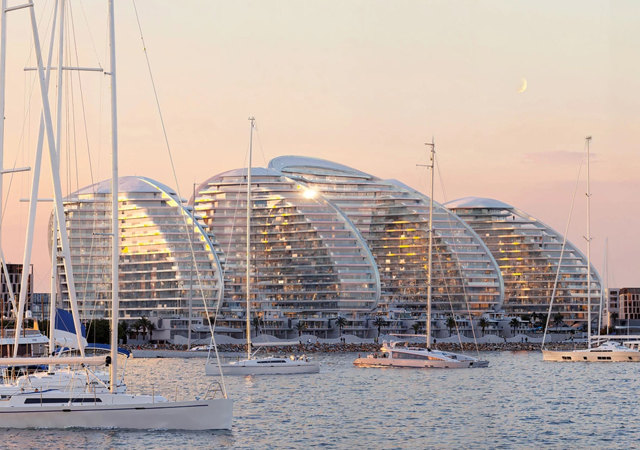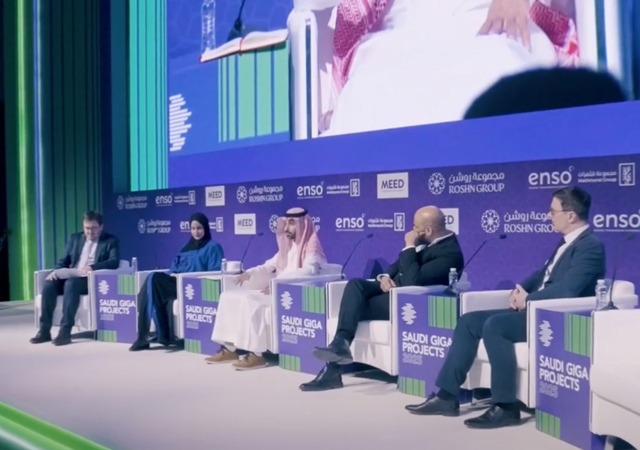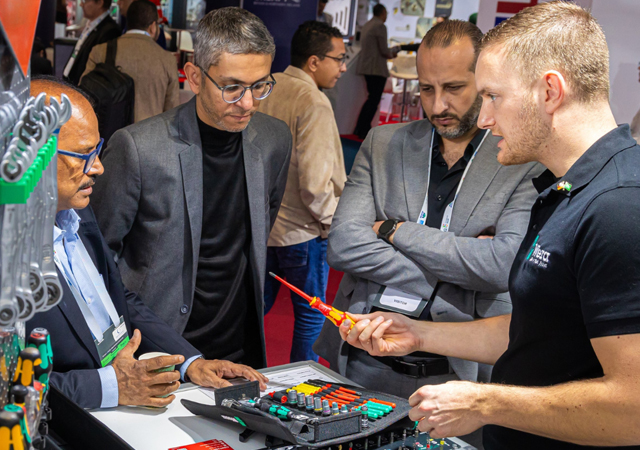
Saudi Al Amar for Trading and Industry (commonly known as Al Amar), which was established as a specialty building materials trading company and developed in the past decade as a manufacturer of building accessories, has specialised in the general areas of fixing and lifting systems for the construction industry.
'The technology in the area of fixing is very advanced. It is dependent on numerous factors, including the material to be fixed and the fixing method,'says Dr Maher Bader, a graduate from Stanford University in the US, and partner in the family business.
'In developing countries, fixings are thought about in building construction at a much later stage than in advanced countries. This results in limiting the fixing system that can be adopted. Currently more and more construction companies in Saudi Arabia are designing the fixing system at an earlier stage, in effect choosing among many fixing systems. These include pre-fixing systems such as channels and inserts in concrete.''
'Al Amar's engineers have accumulated a wealth of experience in the field of fixings, which is provided to the contractor to assist him in choosing the most appropriate system depending on the stage of construction,'adds Bader, who is currently working as manager of the engineering analysis section at the Research Institute at King Fahd University of Petroleum and Minerals (KFUPM).
The company's main office is in Dammam and its branch offices are in Riyadh, Jeddah and Madinah. The international offices are in other GCC states including Manama (Bahrain), Dubai (UAE) and Doha (Qatar). The total staff in Saudi Arabia numbers about 125, most of them having civil or mechanical engineering backgrounds.
''The technology in the area of precast concrete lifting is both advanced and critical with respect to safety of the construction crews,'' says Bader. 'Attention to operation detail and adequate factors of safety is an integral part of the business of lifting. In Western Europe, a common load safety factor of four is used whereas safety factors of two to three are often used in the design of the lifting mechanism. Saudi Al Amar produces a wide range of lifting accessories all of which are manufactured under very strict quality control with certification from West European crediting firms."
Al Amar is also a leading company in the Kingdom with respect to plastic concrete spacer production. Says Bader: 'Al Amar spacers are preferred over many imports due to their strong structure because of the raw material used. Many manufacturers reduce the raw material used in each spacer. Al Amar's spacers have been designed to sustain much larger forces than most imports. This has been done to ensure that the spacers can cope with the elevated temperatures that are common in the Gulf countries."
The company's operation is expanding in the area of foundation bolts commonly used by heavy industry. It has the capability to produce anchor bolts in small and large sizes and provide them with either hot-dip galvanising or electro-galvanising, all under one roof. The electro galvanising plant is state-of-the-art in automation and capable of producing high-quality galvanising.
Although hot-dip galvanising still has much demand, it is more common now to accept electro-galvanising which provides the manufacturer more control over the finished product, says Bader.
Building accessories encompass a very large range of products. It is customary for most purchasers to depend on samples provided to them to guide them in completing the purchase requisites.
Being in this business, Saudi Al Amar helps engineers to locate the items they looking for through the Internet. The company has generated a website (www.alamar.cc) that is updated to keep customers aware of the latest products.
'Saudi Al Amar's management is optimistic about the market for its products in 2001-02. This is backed by the fact that designing offices are providing greater detail in their current designs and this will lead to more use of building inserts and accessories,'says Bader. 'It is becoming common to use plastic spacers where earlier broken pieces of concrete tiles were used. Also, block tiles are increasingly being used to reduce or eliminate cracks between concrete blocks and columns."
Bader observes that industrial construction is on the increase and that much of the work is for expansion projects. ''Some form of construction is going on in almost all major production industries, electrical power installations and the oil industry,'' he says. ''They include factories within the Saudi Basic Industries Corporation (Sabic) fold, the Ghazlan power station, several Saudi Electricity Company (SEC) and Aramco projects and Harradh.''
''It is also important to note that a number of important projects are either completed on in the finishing stage such as Hawiyah, Shaybah, Saudi Chevron, the Saudi Arabian Fertiliser Company (Safco) and Eastern Petrochemical Company (Sharq) expansions, Saudi-Yanbu Petrochemical (Yanpet), several Sabic factories, the Prophet's Mosque at Madinah, the Haram project at Makkah, Mina, and the Faisaliah and Kingdom towers in Riyadh.''


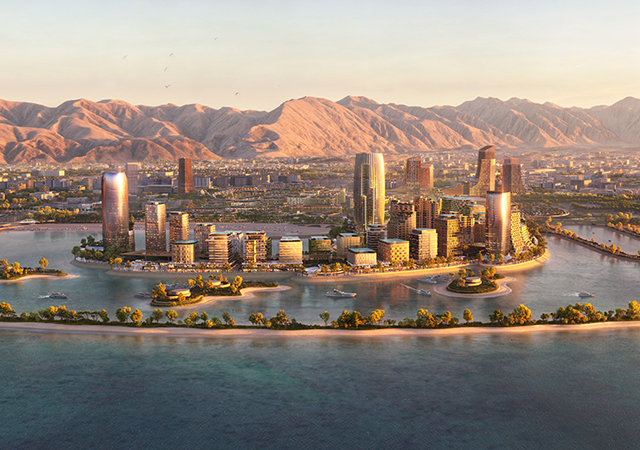
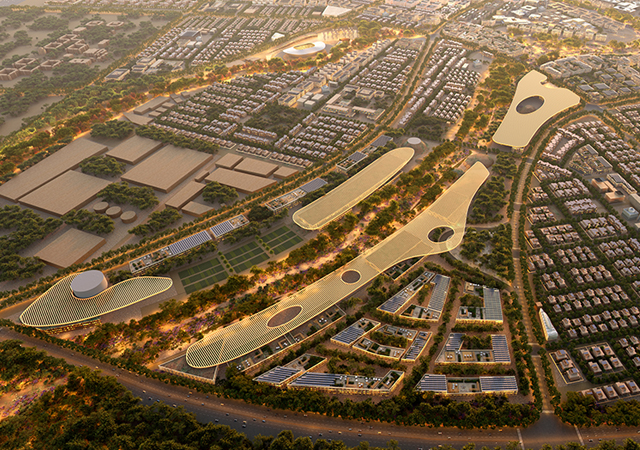
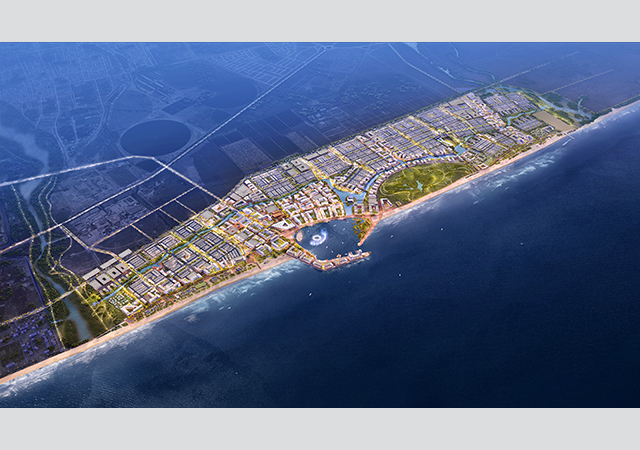
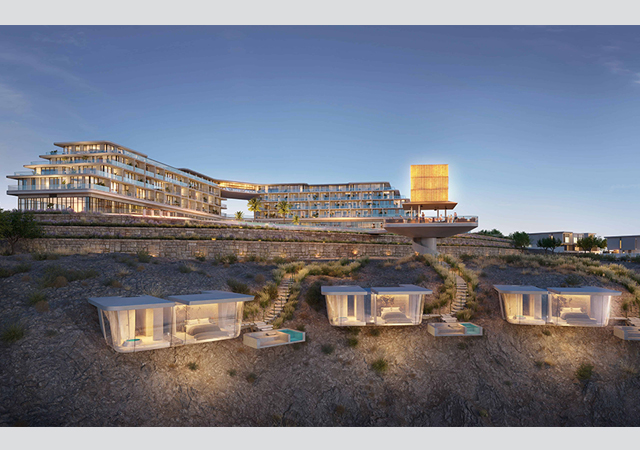
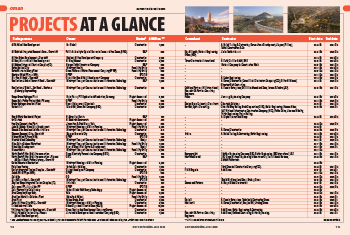
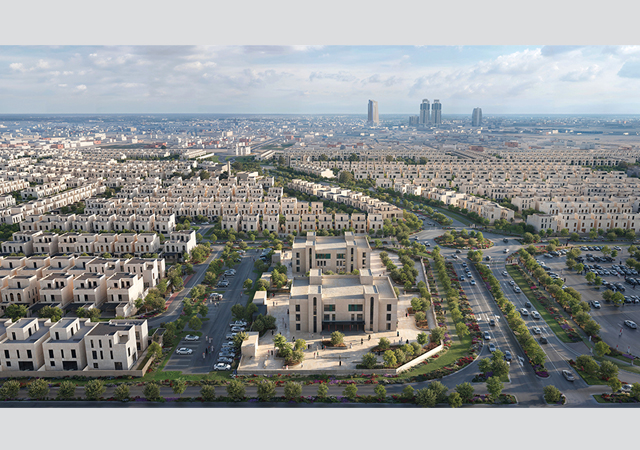
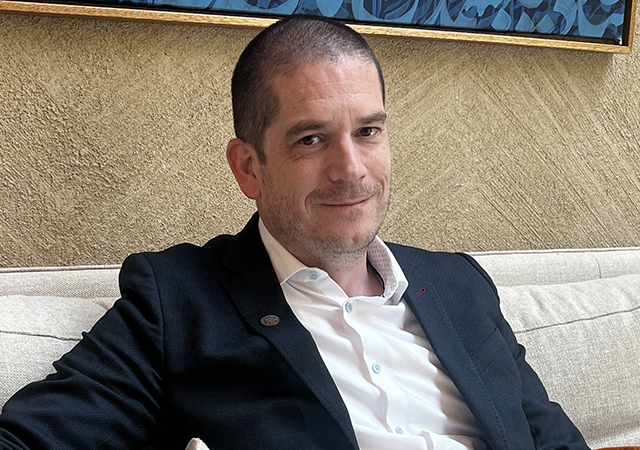
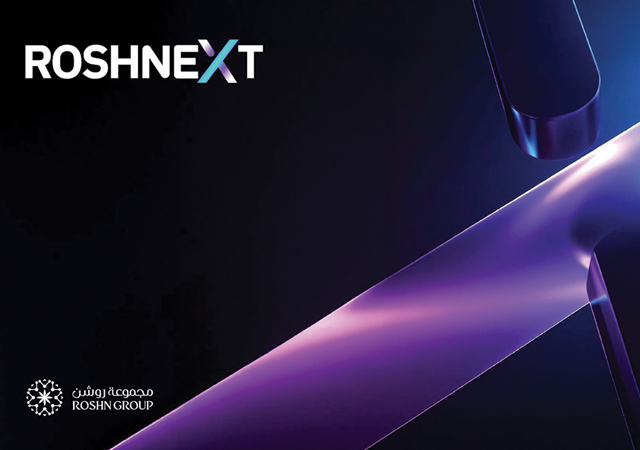
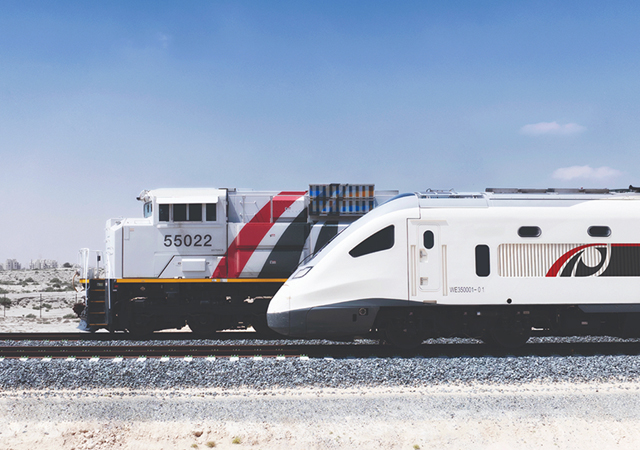
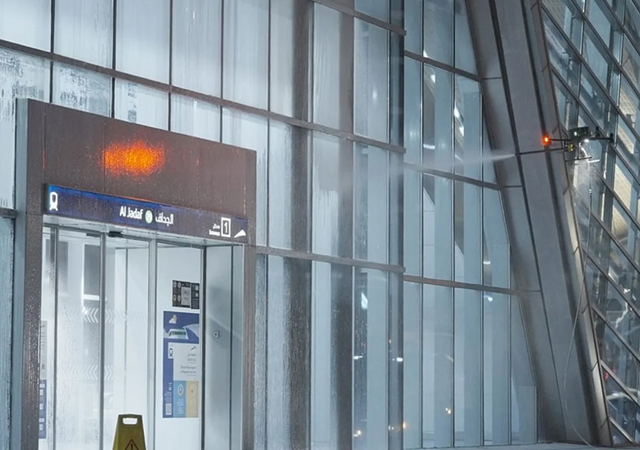
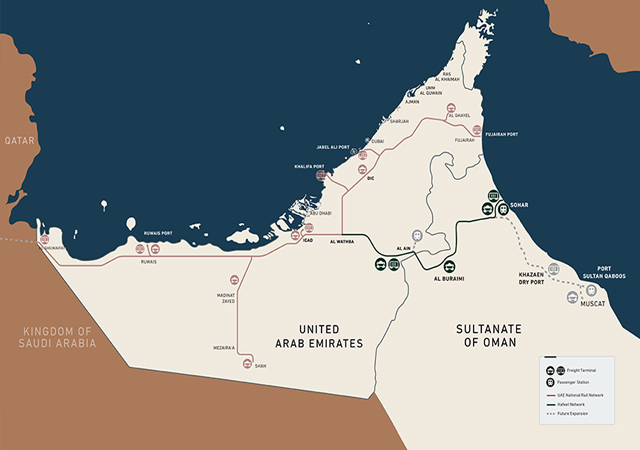
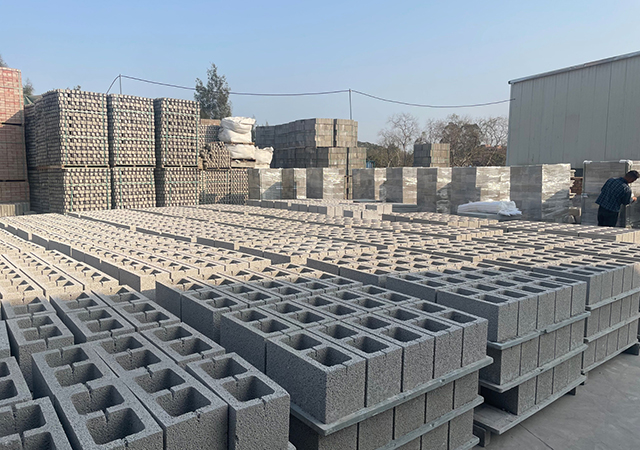
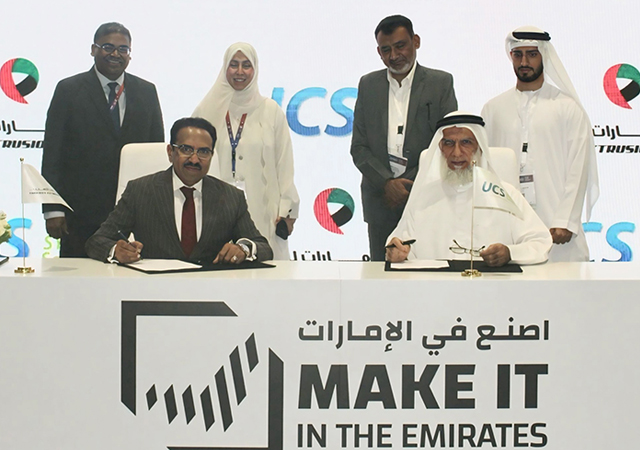
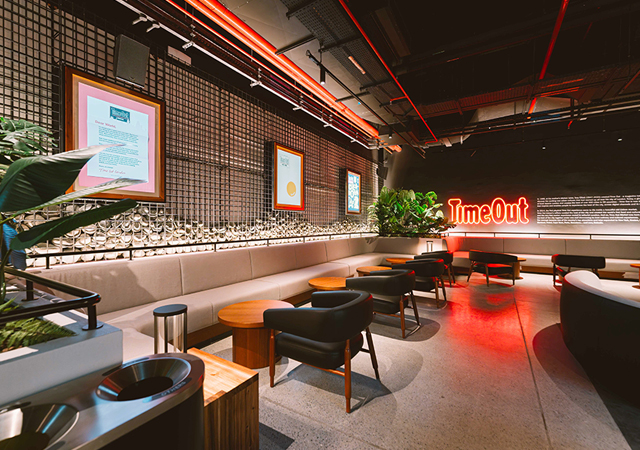
.jpg)
.jpg)
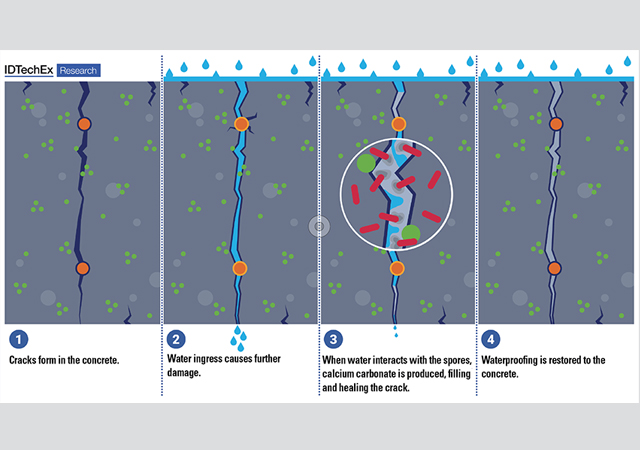
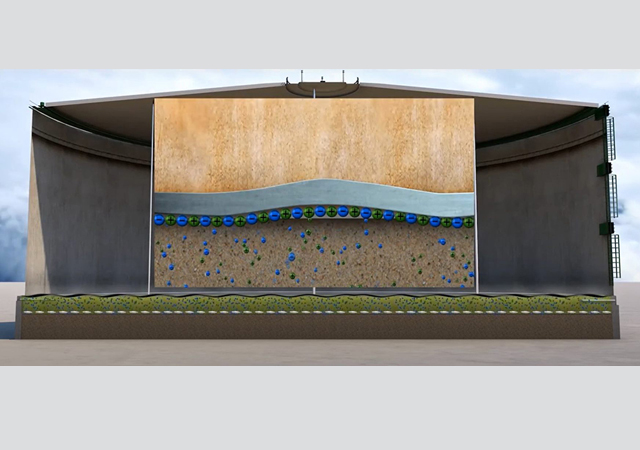
.jpg)
.jpg)
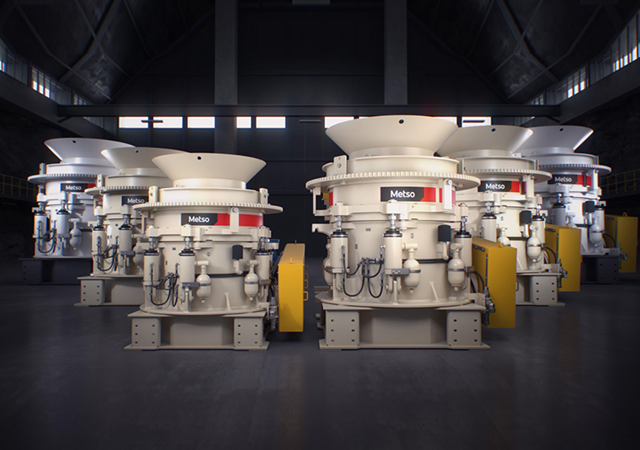
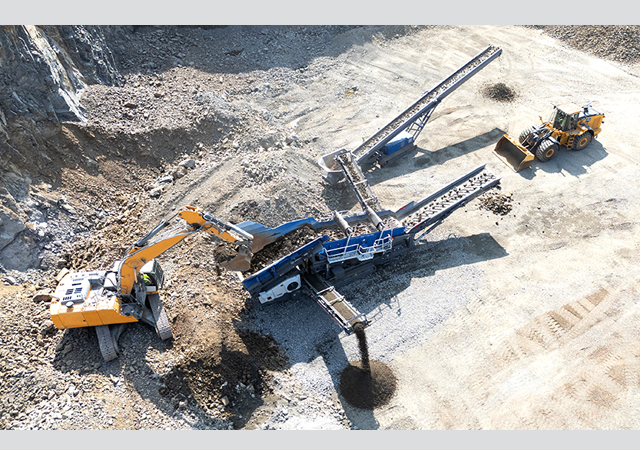
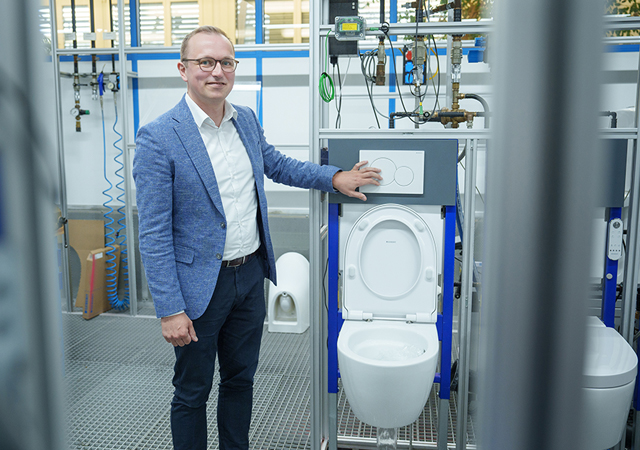
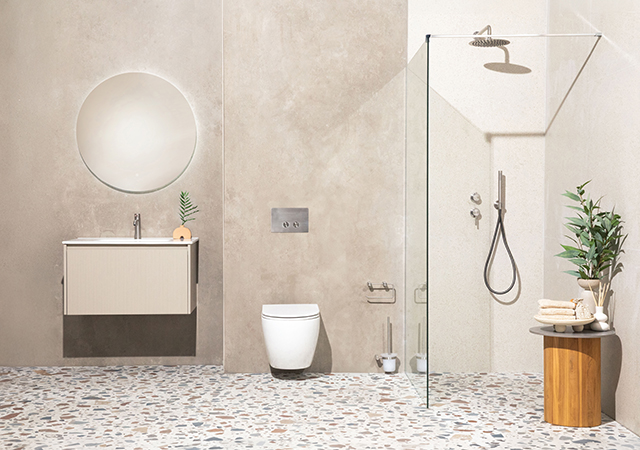
 Doka.jpg)


